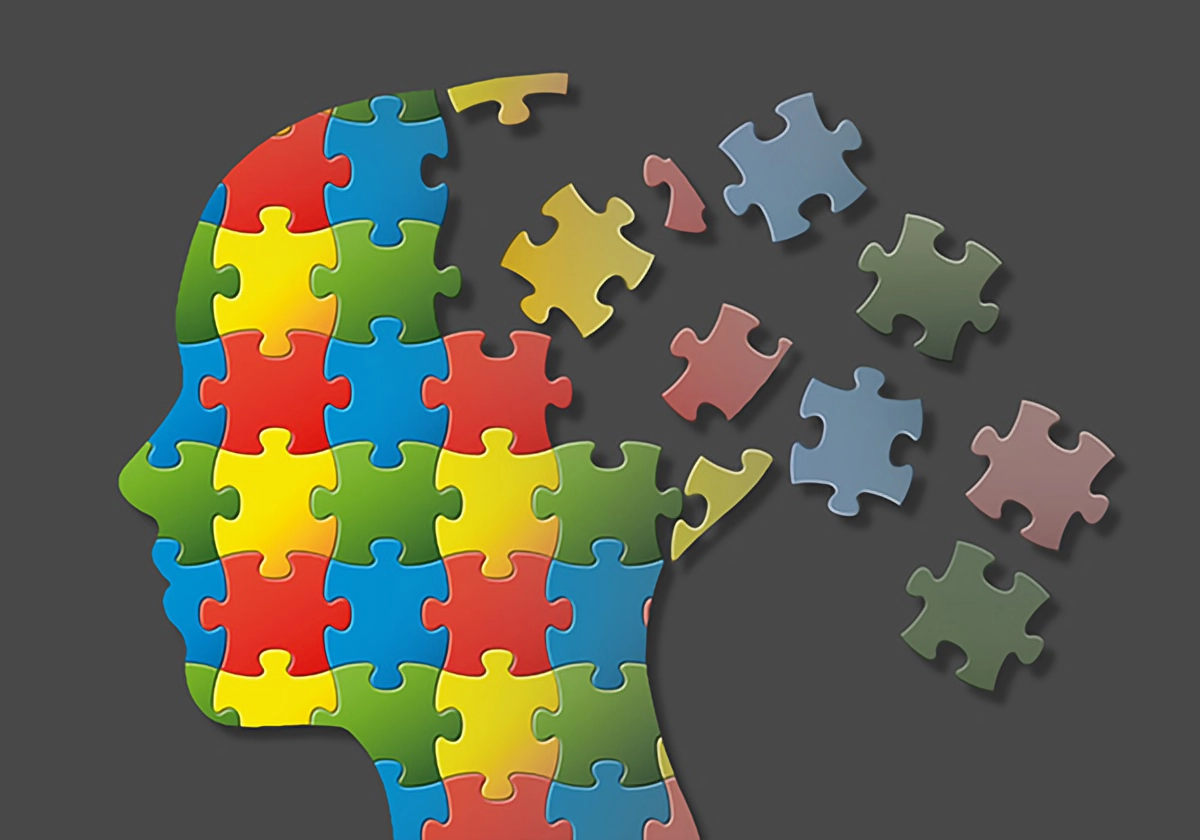We use cookies to help provide you with the best possible online experience.
By using this site, you agree that we may store and access cookies on your device. Cookie policy.
Cookie settings.
Functional Cookies
Functional Cookies are enabled by default at all times so that we can save your preferences for cookie settings and ensure site works and delivers best experience.
3rd Party Cookies
This website uses Google Analytics to collect anonymous information such as the number of visitors to the site, and the most popular pages.
Keeping this cookie enabled helps us to improve our website.
Blog: Taking Care of Your Mind: Tips to Improve Mental Wellbeing
Looking after your mental health is just as important as looking after your physical health.
Your mood can be affected by so many different things; making even small changes to your day-to-day life can have a huge impact on your mental wellbeing. This page will go through some simple advice and self-care techniques that you can slowly start to incorporate into your daily routine.

“What?”/ “Pardon?” become your most-used words
You frequently ask people to repeat themselves. Whether at home, at work, or out and about, constantly needing clarification could signal a change in your hearing.
Sleep
Sleep is a huge factor in how we feel day to day. We all know how it feels to wake up after a bad night’s sleep – you lack energy, find it hard to concentrate and generally feel sluggish. Most adults need 7-9 hours of sleep a night. There are lots of things you can do to try and get adequate and good quality sleep, these tips are sometimes referred to as ‘sleep hygiene’.
- Have a sleep-friendly environment – keeping your bedroom cool, dark and quiet
- Avoiding screens – try and avoid looking at your phone in the lead up to going to bed. Putting your phone onto ‘do not disturb’ or airplane mode can help by ensuring that you won’t be disturbed by any notifications, or you can simply turn your phone off .
- Try and go to bed at the same time every night. Creating a consistent sleep schedule regulates your body’s internal clock and help your body know when it is time to wind down
- Avoid caffeine. If you are an avid tea or coffee drinker, perhaps try switching to a decaffeinated version after midday. Caffeine itself, whilst some people find helpful for a quick boost of energy, is a stimulant and can increase feelings of anxiety. This is another reason why limiting your caffeine intake can be beneficial for your mental wellbeing.
- If you struggle to get to sleep at night, some people find listening to audiobooks, podcasts or relaxing music helpful.

Healthy Diet
There is some evidence that what we eat and drink day to day can have an impact on our mood.
- Keep well hydrated – Ensure you keep well hydrated by drinking a good amount of water.
- Fresh fruit and vegetables have lots of important nutrients that can boost your health. These can be expensive -buying frozen or tinned fruit or vegetables can be a cheaper alternative but still be a good source of nutrients.
- Eating a diet high in protein can also improve your mood. Foods such as legumes (eg lentils or chickpeas), nuts, dairy products and lean meat can be good sources of protein.
- Nuts are also a good source of healthy fats and omega acids which support brain function
- Limiting alcohol can also improve your mental and physical health. Alcohol can act as a depressant and is linked to the development of mood problems such as depression and anxiety. If you do drink, be aware of the recommended limit of 14 units a week; this is the equivalent of 6 medium glasses of wine. It is also advised if you do drink as much as this, it should be spread out over a minimum of 3 days.
Social Support
- Connecting with others can help your mood in many ways. Talking to friends or family members can increase your self-confidence and give you a sense of purpose.
- There are other ways you can meet new people and make new connections. You could meet people at your local community’s clubs or local events. Alternatively, Mind.org.uk has a helpful page with information on lots of different platforms to meet new people here


When to seek help
Whilst it is normal for your mood to fluctuate – we all have good and bad days - if you find that you’re experiencing a low mood that is starting to impact your life then this is a sign to seek help (and the earlier you do the sooner you can start to feel better).
Helpful resources
Published: Aug 20, 2025
